Tech
Sign up for our newsletter
We summarize the week's scientific breakthroughs every Thursday.
-
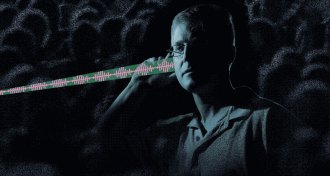 Physics
PhysicsLasers could send messages right to a listener’s ear
Communication in noisy environments or dangerous situations could one day rely on lasers.
-
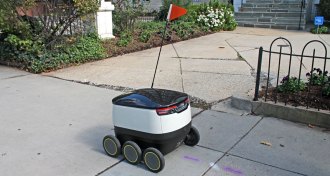 Artificial Intelligence
Artificial IntelligenceA new AI training program helps robots own their ignorance
AI systems struggle to know what they don’t know. Now scientists have created a way to help autonomous machines recognize their blind spots.
-
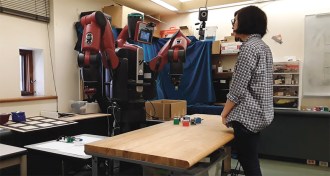 Artificial Intelligence
Artificial IntelligenceThis robot learned not to mess with other people’s stuff
Ownership-respecting robots could soon understand the difference between chucking a Styrofoam cup and someone’s favorite mug.
-
 Tech
TechOrdinary cameras can now photograph out-of-sight objects
Thanks to a new photo-analyzing computer program, a photographer’s line of sight no longer has to be a straight shot.
-
 Archaeology
ArchaeologyOur fascination with robots goes all the way back to antiquity
In the book ‘Gods and Robots,’ a scholar recounts how early civilizations explored artificial life through myths.
By Bruce Bower -
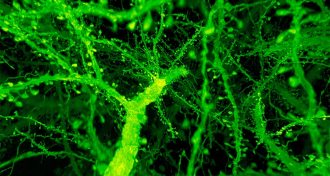 Neuroscience
NeuroscienceNew ways to image and control nerve cells could unlock brain mysteries
Methods that target single nerve cells in mice and fruit fly brains are starting to tease apart the brain’s complexity.
-
 Tech
TechThese robots can follow how-to diagrams
Robots capable of reading diagrams could work in more varied environments and be easier to communicate with.
-
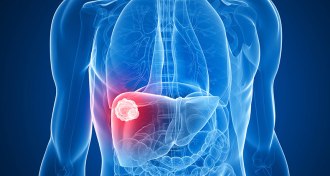 Health & Medicine
Health & MedicineA new 3-D printed ‘sponge’ sops up excess chemo drugs
Researchers have created “sponges” that would absorb excess cancer drugs before they spread through the body and cause negative side effects.
-
 Tech
TechDesalination pours more toxic brine into the ocean than previously thought
Desalination plants help offset the world’s growing water needs, but they also produce much more supersalty water than scientists realized.
By Jeremy Rehm -
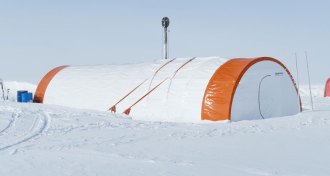 Climate
ClimateA drill built for Mars is being used to bore into Antarctic bedrock
An autonomous drill originally designed for work on Mars has its first mission in Antarctica.
-
 Health & Medicine
Health & MedicineA new app tracks breathing to detect an opioid overdose
A smartphone app called Second Chance could help save opioid users who shoot up alone.
-
 Particle Physics
Particle PhysicsReaders ask about electrons’ roundness, a science board game and more
Readers had questions about electrons’ roundness, a camera that measures light intensity in decibels and more.